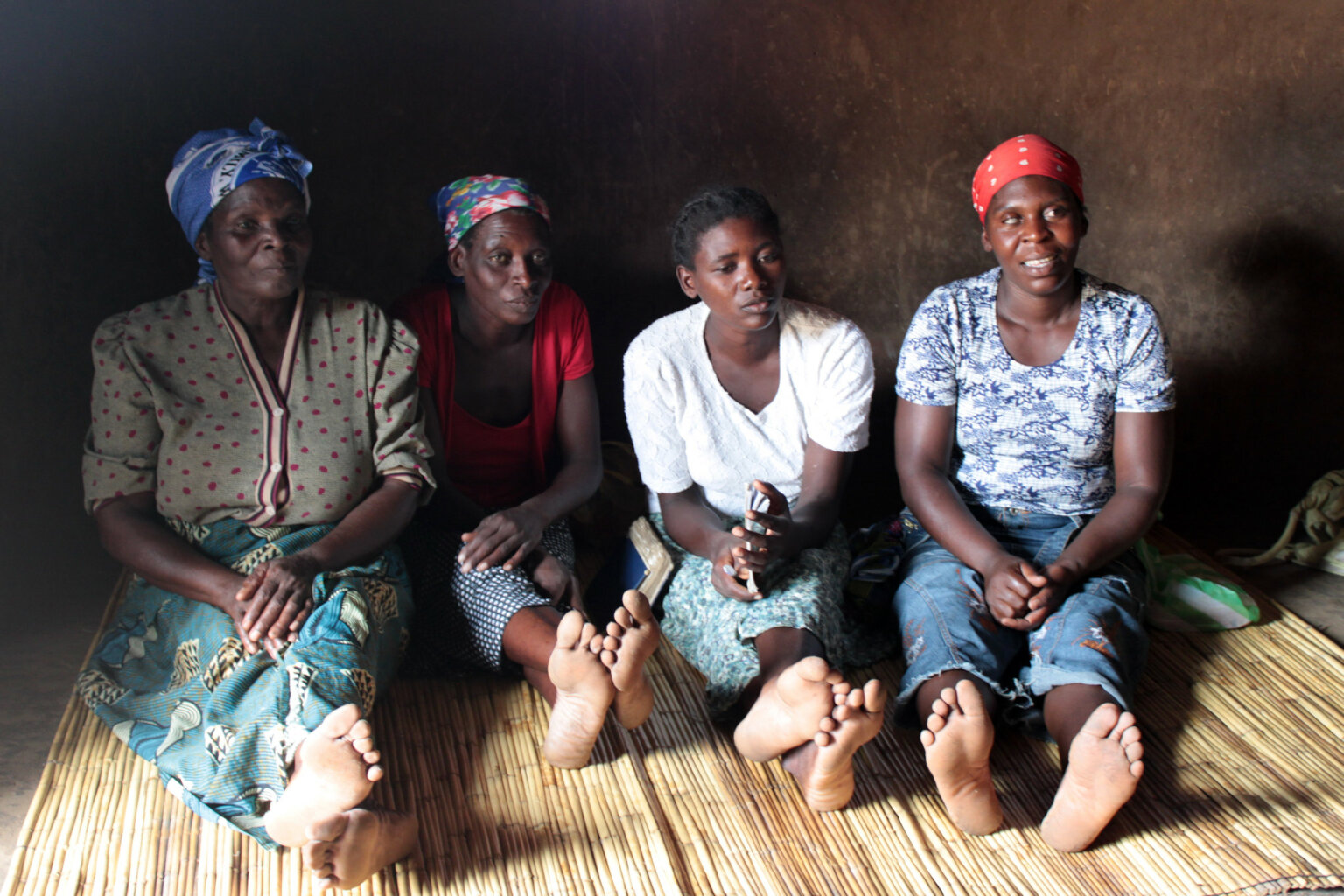- About
- Topics
- Story
- In-Depth
- Picks
- Opinion
- News
- Donate
- Signup for our newsletterOur Editors' Best Picks.Send
Read, Debate: Engage.
| January 17, 2019 | |
|---|---|
| topic: | Women's rights |
| tags: | #South Africa, #sanitary pads, #pink tax, #women's rights |
| located: | South Africa |
| by: | Shasha Seakamela |
In many African cultures, menstruation remains a taboo subject. In some instances, young girls commencing their period have no idea what is happening. They have no one to turn to and because of myths and shame surrounding this most natural of bodily functions are too afraid to ask for assistance. In poor urban and rural communities, lack of access to hygienic products to absorb periods combined with stigma can cause girls to miss out on a substantial amount of schooling.
“Concurrent to the provision of free sanitary pads to female learners, this decision will alleviate the burdens of women, and afford women the opportunity to reprioritise their funds for other developmental ventures,” said Bathabile Dlamini, the minister in the presidency responsible for women.
South Africa is one of the many countries that only recently (in August 2018) removed added tax on menstrual products. This had for years put a strain on women and girls from underprivileged communities. Not only were the health and wellbeing of these girls and women compromised as a result of lack of resources, but for many young girls in South Africa, that time of the month meant staying out of school as well. This was especially true for girls in rural areas where resources are not readily available and food for the household would take precedence over sanitary products.
The sanitary dignity programme, run by the department of women, aims to provide low-income schools, state universities, mental institutions, correctional facilities and various other care facilities with sanitary towels. The programme also includes reproductive, menstrual and hygiene education for women and girls at these facilities.
“This production, without dialogue, is aimed at challenging the silence and ignorance around the female body development and will speak volumes. Hopefully, it will nudge people to open their hearts and wallets to buy sanitary pads for poor children. It is unfair that boys can go to school uninterrupted for most of their schooling days, but a girl has to miss her school days because she has no sanitary pads,”said Nkamogeleng Lebeloane, a stage actor and writer.
It has been years since the government under Jacob Zuma promise to deliver on this free sanitary pads project. Many people in the social media believed the government’s commitment to fighting HIV, including the launch of new and better condoms, shows it has the resources and capacity to solve some of the country’s biggest challenges. The South African government rebranded its free condom to tackle what, in 2013, health minister Dr Aaron Motsoaledi called ‘condom fatigue’. Since then there were rising arguments that pitted the need for free condoms against the need for free sanitary pads. The arguments on social media were that both condoms and sanitary pads are basic human rights and instead of spending more money to upgrade to flavoured condoms, the government could have started providing even a basic feminine hygiene product for free to all women.
This topic took another turn when civil rights groups intensified their calls to government and retailers on the issue of women’s health, particularly in regards to sanitary pads and female hygiene products. Even before the government reacts to the calls for sanitary pads to be excluded from VAT, local retailers such as Shoprite and Dischem took it upon themselves to lighten the financial load on female consumers.
“So, in the meantime, while the Pink Tax is being proven, explored and possibly changed, Shoprite’s decision to make one brand of sanitary pads tax-free is a positive start to help disadvantaged women retain their dignity during their menstrual cycles. This is especially important with girls who are still attending school, as their menstrual cycles often disrupt their school attendance,” wrote Citizen newspaper journalist Nica Schreuder.
The term Pink Tax refers to gender discriminatory pricing on products ranging from soap to sanitary pads to razor blades. Studies show that women pay approximately 13% more for personal care items.
“Women pay more for cosmetics and clothing than men”, says Use Your Voice (UYV), a non-profit organisation that distributes sanitary pads across South Africa.
While I applaud the South African government for giving ear to women in need of help, I would also like to challenge other governments around the world. That they also need to understand that providing free sanitary products would be a positive stance. It's not natural practice to carry around a roll of toilet paper, is it? Why would anyone do that when a toilet paper is freely provided in public restrooms anyway? In the same way, women cannot prevent their monthly cycles. So, why are feminine hygiene products not placed in the same category?
By copying the embed code below, you agree to adhere to our republishing guidelines.
